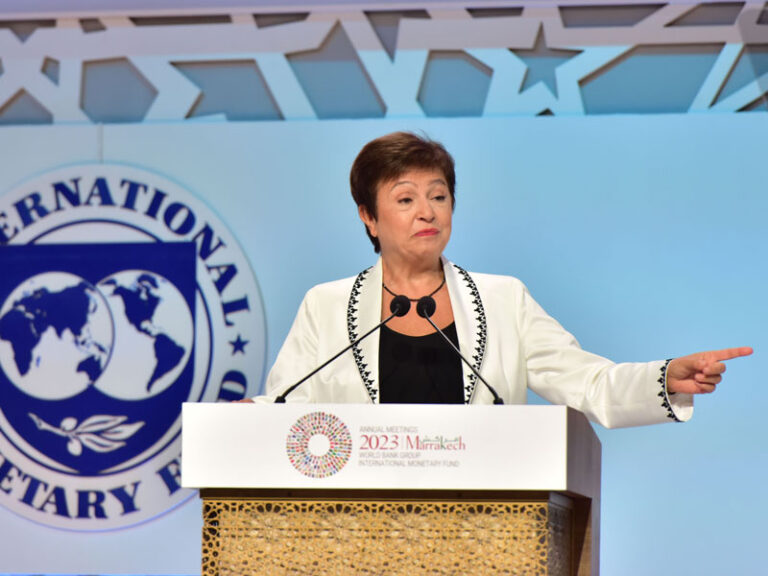Trending
- Alarming surge in online child exploitation sweeps Africa
- Beijing tightens China-Africa grip as trade rivals US, Russia seek bigger slice
- Exploring the Forex CFD Trading Landscape in Africa in 2024
- Webb Fontaine’s single window: paving the way for future trade with new AI features
- Inside Africa’s 2024 engineering innovation showcase eyeing £50,000 prize
- Tanzanian inches closer to clean cooking dream with a $1.7 billion plan roll out
- Why the planning of new cities must embrace a visionary approach to succeed
- First Saudi WoodShow in Riyadh attracts over 8,000 visitors
